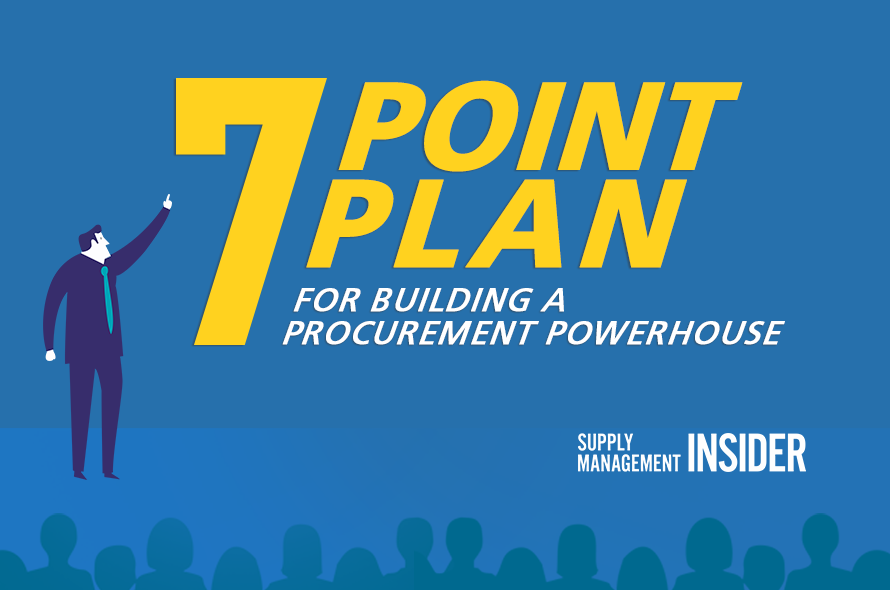The clue might sound like it's in the job title. The narrow, traditional view of a chief procurement officer is that they organise the buying of stuff — even if some of that isn't stuff at all but services — in a timely, efficient, and cost-effective manner. There's only one problem with that view — it's wrong.
The CPO's remit has changed radically with the advent of globalisation. Efficient procurement is now a strategic asset as multinationals calculate where best to buy stuff — be it raw materials, manufacturing plants or labour. Digital technology has expanded procurement's remit — and the demands on the function — exponentially.

